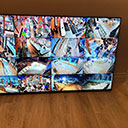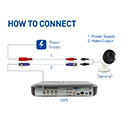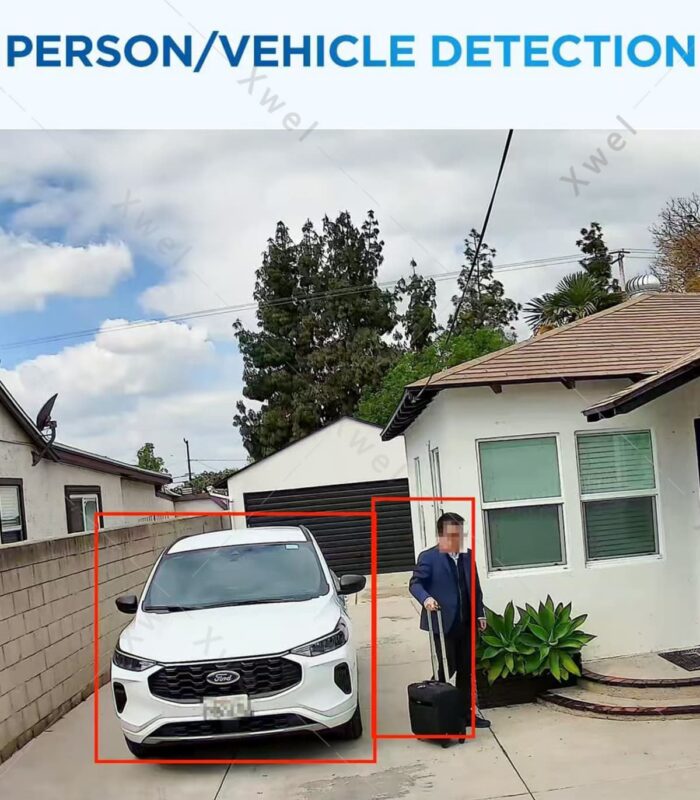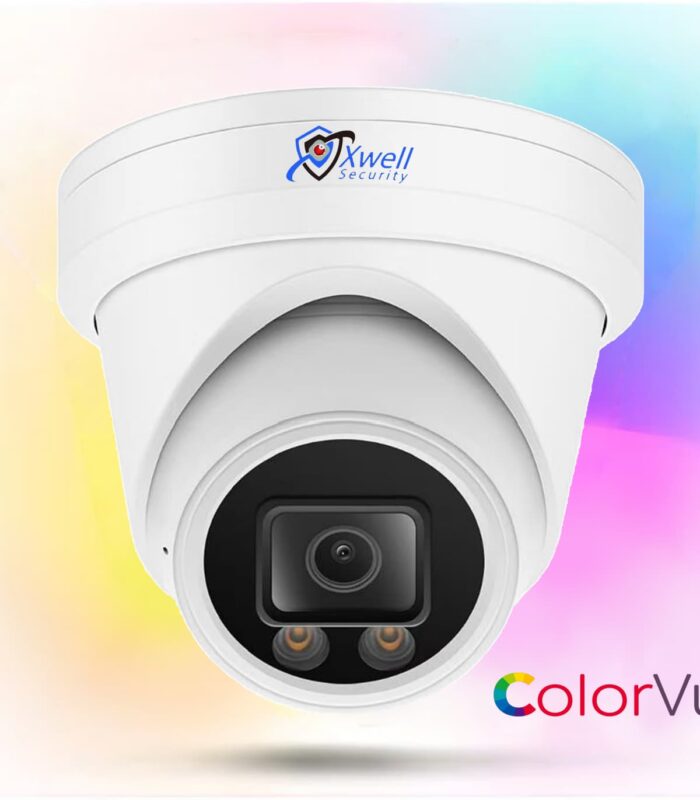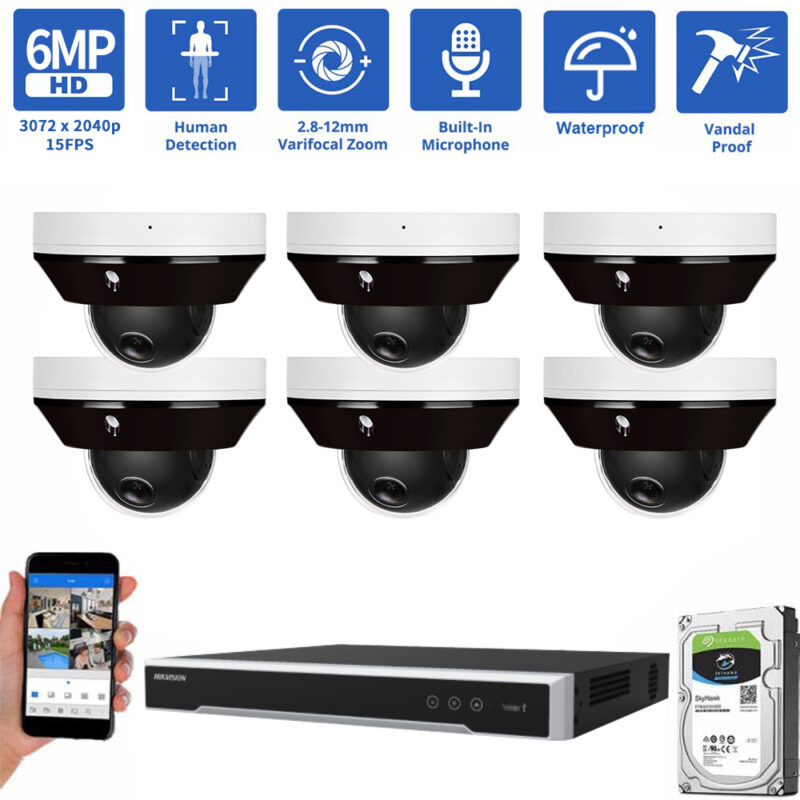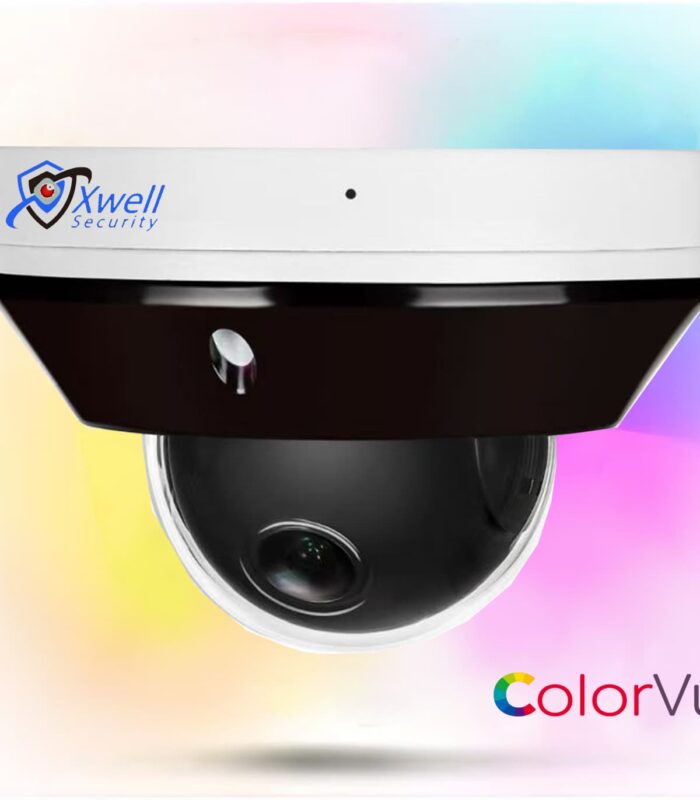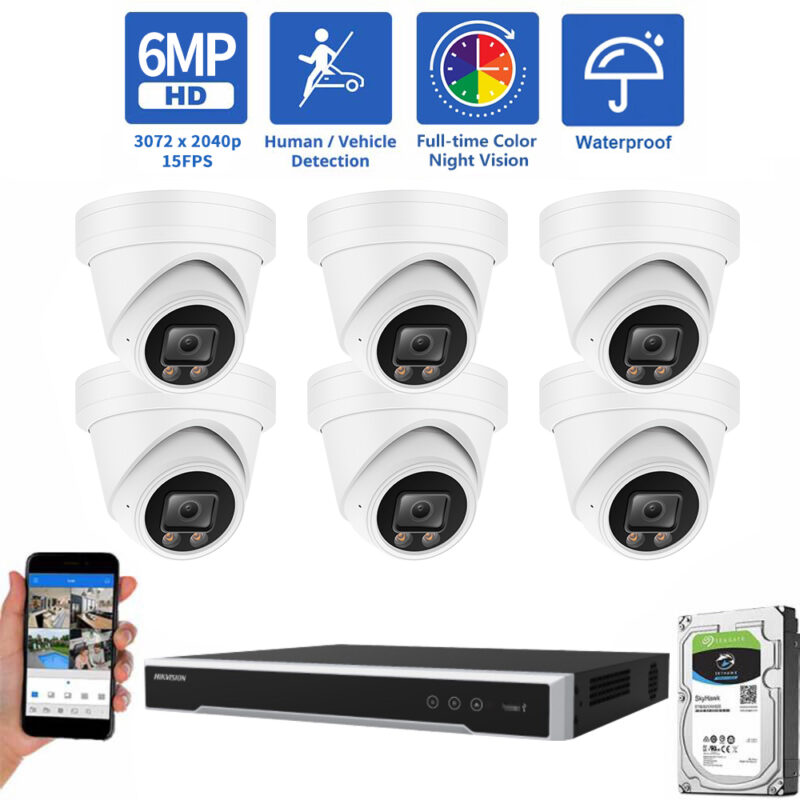Choosing the Best Garage Security Cameras For Your Home
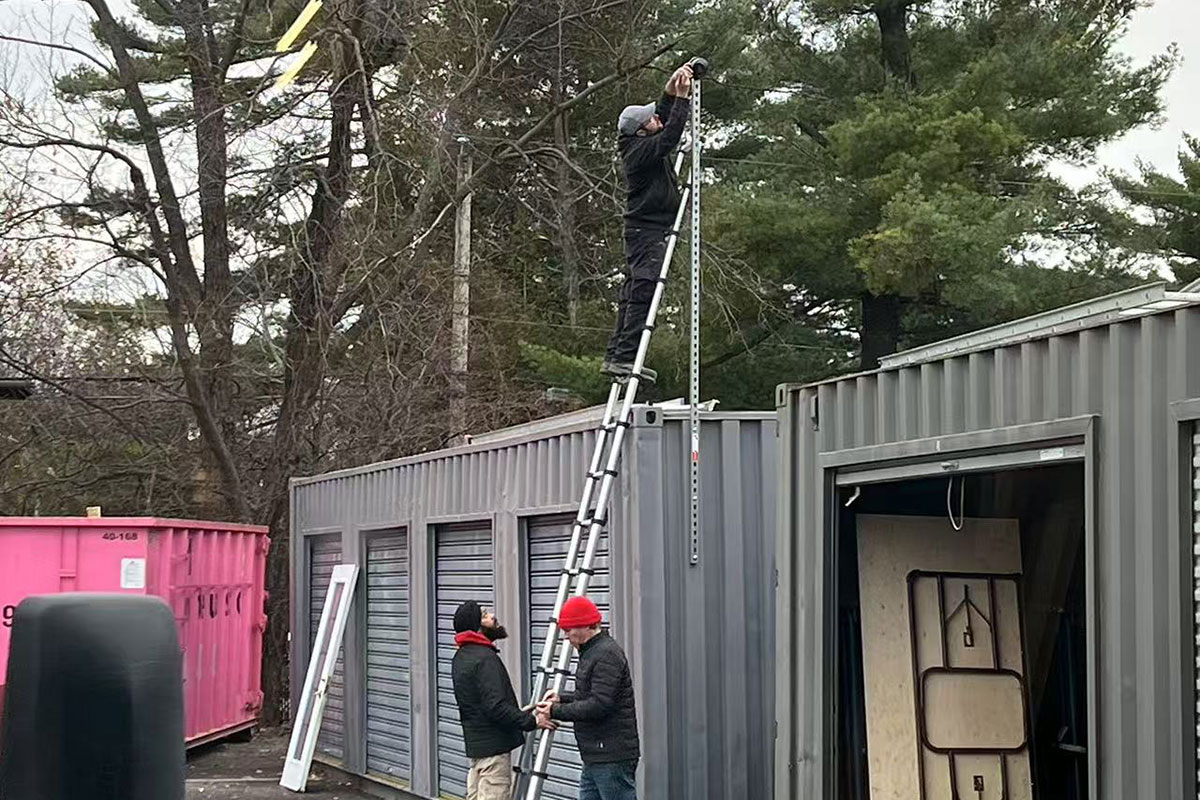
Did you know that garages are often targeted by thieves? Attached garages can serve as an entry point for burglars, giving them access to the home through unlocked or unsecured doors. Even detached garages can be alluring to thieves, often holding vehicles, lawnmowers, tools, and other valuables.
If you’re interested in adding security measures to your garage, there are plenty of great security camera systems that can help protect your driveway, or garage. But what type of security system is best? That depends on what you need.
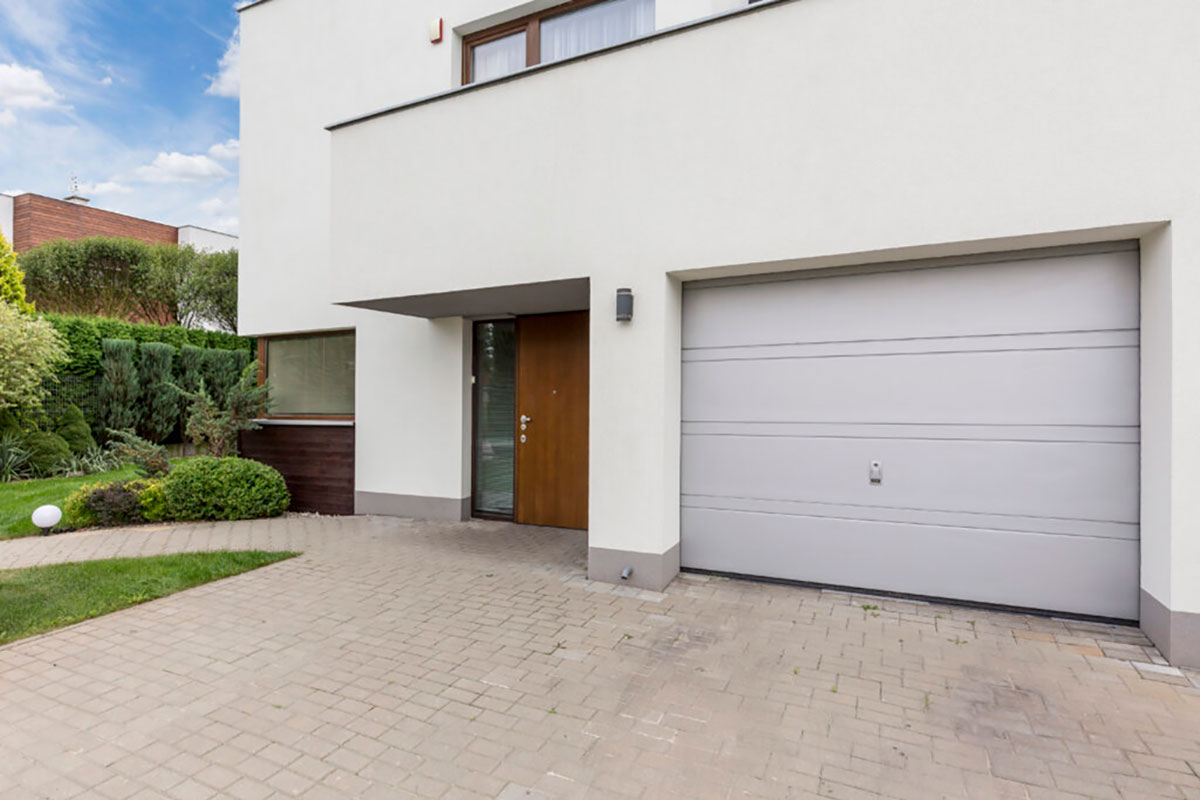
Types of Outdoor Camera Systems for Garage and Driveway Security
The main difference between indoor and outdoor systems is the durability of the cameras. In order to withstand outdoor weather conditions, including rain and extreme temperatures, security cameras overlooking driveways and garages need to be built stronger and tougher than their indoor counterparts. So, no matter what type of security system you choose, make sure it’s designed for outdoor use.
Let’s explore some of the key differences between DVR and NVR systems, letting you decide what type of outdoor camera systems are best for your garage and driveway security.
If you’re having trouble deciding between a DVR and NVR system for your garage security, try considering what sort of features you’d like. Some common considerations are:
Audio quality
Standard DVR systems don’t always support audio. For audio capabilities, an RCA connection is needed. But, even with an added RCA connection, only a small number of cameras can support audio due to the limited number of audio input ports on the DVR recorder.
To resolve this issue, Swann has developed audio-over-coax (AoC) technology. This allows for an internal microphone, along with the recorder’s chipset, to capture and process audio and record it with the video footage. Swann DVR systems either have audio via separate wired RCA microphones or feature audio-over-coax.
That being said, most DVR systems on the market still don’t have native audio. This contrasts NVR systems, which usually come standard with audio capabilities built right in. If you want your garage security cameras to capture audio, these are important considerations.
Video quality
Since DVR systems only capture and transmit analog footage, they typically feature a lower image quality than NVR systems. DVR systems often feature 1080p Full HD resolution, but thanks to recent advances in analog camera technology, can be made with 2K HD, 5MP Super HD, or even 4K Ultra HD resolution.
Even with the newfound capabilities of DVR systems, it’s much more common for NVR systems to feature higher resolution options. While there are 1080p Full HD NVR systems, there are also many 2K HD, 5MP Super HD, and 4K Ultra HD systems to choose from. You can even get NVR systems with highly advanced 6K Mega HD (also known as 12MP) resolution.
Finding the right resolution to fit your needs is important. If you just want your security cameras to give you a general idea of what’s going on in your garage and driveway, 1080p Full HD is a great choice. As you start moving up to 2K HD and 5MP Super HD, it becomes easier to identify facial features and other small details. And, for the ultimate protection, 4K Ultra HD and 6K Mega HD make it possible to decipher nearly every detail of an image, including license plates.
Power source and ease of installation
Wired systems power cameras through either coaxial cables (in DVR systems) or Ethernet cables with PoE (in NVR systems), meaning that once the cameras are wired into the garage, you won’t have to worry about powering them. However, wiring cameras into your garage is labor intensive, especially if you’re starting from scratch instead of expanding an existing system.
Powered Wi-Fi cameras, though free from Ethernet cables, will need to be plugged into an outlet. While the installation itself is easy, finding an appropriate place to put the cameras may be more difficult, depending on your situation. You’ll need to have outlets in and around your garage near your desired surveillance areas.
Wireless or wire-free systems don’t need any cables or constant power sources, making them incredibly flexible and easy to install. They do feature batteries that will eventually need to be recharged, however. If this becomes an issue, Swann makes a solar panel specially designed to recharge outdoor Wireless and Wire-free cameras.
Motion detection and push notifications
Motion detection is designed to activate your cameras to capture only relevant events — not hours of meaningless footage. If you’d like, you can set up your smartphone to receive notifications when the cameras activate, allowing you to see footage in real time.
While many security cameras have motion sensors, relying solely on motion detection can result in many false alarms. Instead, look for security cameras that use infrared heat sensors for more accuracy. Infrared heat sensing ensures you won’t be bombarded by unnecessary alerts on your phone. When looking for a garage security camera with motion detection, consider PIR or Swann’s True Detect™ infrared sensor technology.
Motion activated flood lighting
If you’d like to deter people from hanging around your garage or driveway, you may be interested in security cameras with motion activated flood lighting. These flood lights can help to scare people off your property, especially if they’re up to no good.
Generally, flood light security cameras are available in all kinds of systems. But, if this is an important feature for you, you’ll want to ensure that your system comes with or can incorporate flood lights.
Night vision
If you’d prefer night vision to flood lights, there are plenty of options available to you. Certain manufacturers, such as Swann, even offer flood light cameras with night vision, giving you the best of both worlds.
Good night vision cameras can provide clear footage of people, cars, and more, even in the darkest of conditions. Swann’s Night2Day™ technology even lets you see color at night, letting you see up to 100 feet.
Video and audio storage
If you’d like to use a recorder for maximum data storage, you should focus on a DVR or NVR system. Depending on the model or brand you choose, these recorders can store footage for up to one year. At the same time, you’ll likely be able to access footage via the cloud for around a week.
However, you don’t have to have an entire security camera system to monitor your garage or driveway. There are standalone powered Wi-Fi, wireless or wire-free cameras that work without DVR or NVR recorders, instead storing footage straight to the cloud.


